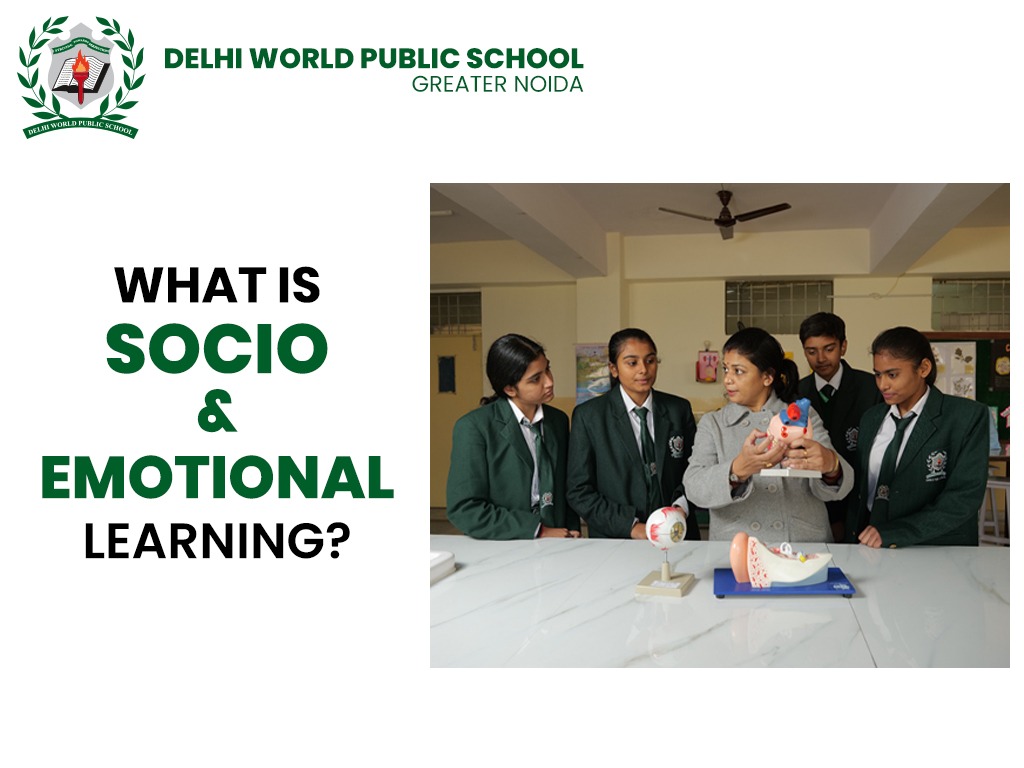Social and Emotional learning (SEL) is an educational approach that emphasizes the development of emotional intelligence and social skills in students. It is a process of acquiring knowledge and skills that enable individuals to understand and manage their emotions, develop positive relationships, and make responsible decisions.
The importance of social and emotional learning has gained significant attention in recent years, as studies have shown that students who develop social and emotional competencies have better academic performance, greater career success, and are less likely to engage in negative behaviours such as substance abuse and violence.
The five core competencies of social and emotional learning are self-awareness, self-management, social awareness, relationship skills, and responsible decision-making.
- Self-Awareness – Self-awareness is the ability to recognize and understand one’s emotions, thoughts, and values. It involves being aware of one’s strengths and weaknesses, and how they impact others. Self-awareness helps individuals to better understand their emotions, manage their behaviour, and make decisions that align with their values. In the classroom, teachers can promote self-awareness by encouraging students to reflect on their feelings, thoughts, and behaviour. Students can also be encouraged to identify their strengths and weaknesses and set personal goals that align with their values.
- Self-Management – Self-management is the ability to regulate one’s emotions, thoughts, and behaviour. It involves being able to control impulses and delay gratification, as well as managing stress and setting goals. best school in greater noida west Self-management skills help individuals to stay focused, work well under pressure, and make responsible decisions. Teachers can promote self-management skills by modelling self-control and encouraging students to practice self-regulation techniques, such as mindfulness and deep breathing. Students can also be taught to set and work towards goals, manage their time effectively, and take responsibility for their actions.
- Social Awareness – Social awareness is the ability to understand and empathize with others. It involves recognizing and appreciating different perspectives, as well as understanding the dynamics of social interactions. Social awareness helps individuals to build positive relationships and work effectively in a team. In the classroom, teachers can promote social awareness by encouraging students to take the perspective of others and understand their feelings and needs. Students can also be taught to appreciate cultural differences and learn to communicate effectively with people from diverse backgrounds.
- Relationship Skills – Relationship skills are the ability to build and maintain positive relationships with others. It involves effective communication, teamwork, and conflict resolution. Relationship skills help individuals to build strong connections with others, resolve conflicts, and work effectively in a team. Teachers can promote relationship skills by modelling positive relationships with students and encouraging cooperative learning activities. Students can also be taught effective communication and conflict resolution techniques, such as active listening and perspective-taking.
- Responsible Decision-Making – Responsible decision-making is the ability to make informed decisions that align with one’s values and goals. It involves considering the consequences of different actions, evaluating the risks and benefits, and making ethical and responsible choices. best school in greater noida west Responsible decision-making skills help individuals to make informed decisions and avoid negative consequences. In the classroom, teachers can promote responsible decision-making by teaching students to evaluate the risks and benefits of different actions and consider the consequences of their choices. Students can also be taught to make ethical and responsible choices that align with their values and goals.
In conclusion, social and emotional learning is a critical component of education that enables students to develop emotional intelligence and social skills It is a process of acquiring knowledge and skills that enable individuals to understand and manage their emotions, develop positive relationships, and make responsible decisions. The five core competencies of social and emotional learning are self-awareness, self-management, social awareness, relationship skills, and responsible decision-making. Teachers can promote social and emotional learning by incorporating activities and strategies that develop these competencies, both inside and outside the classroom.

